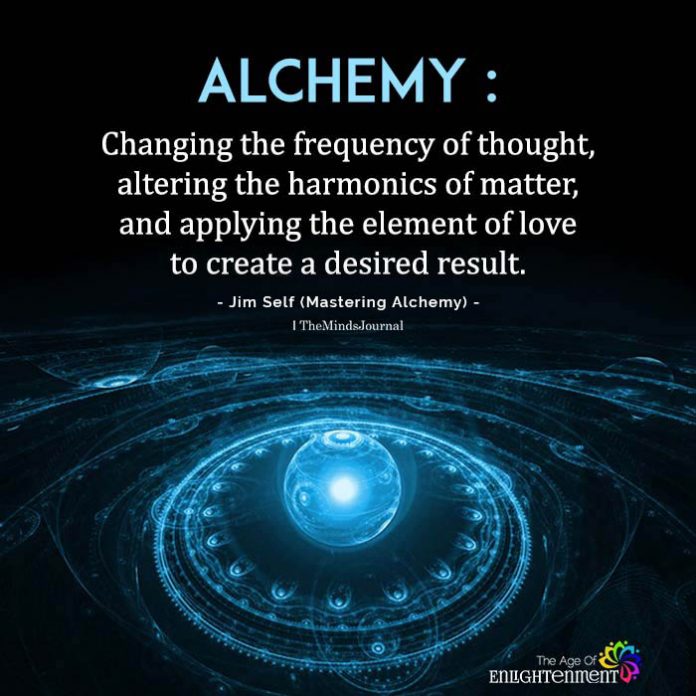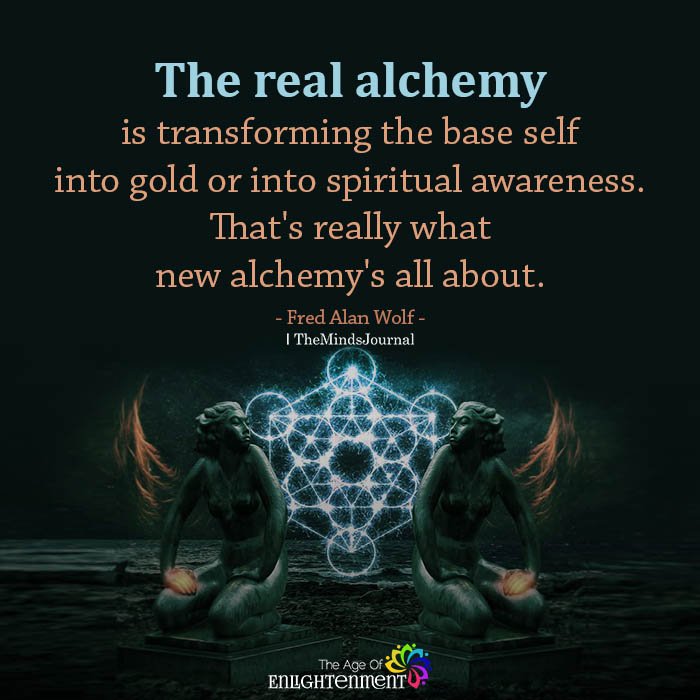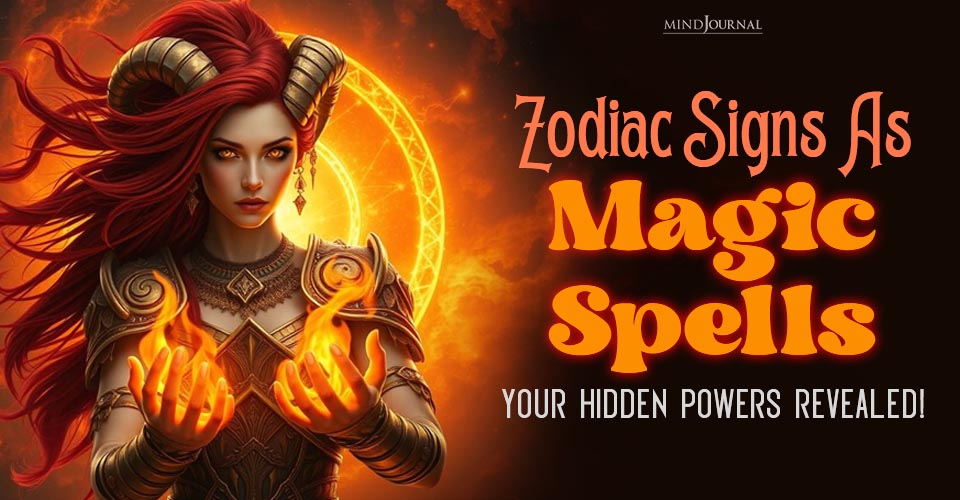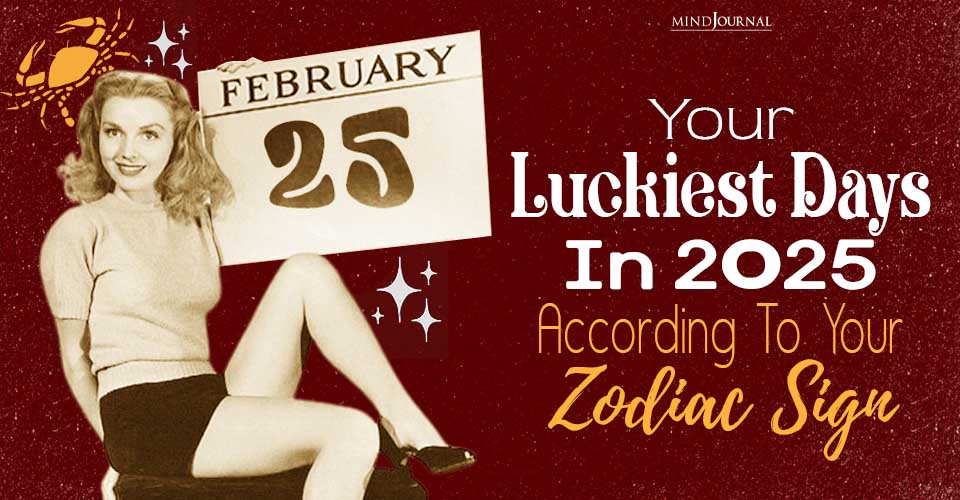Is alchemy real? Can you actually turn metal into gold? Well, alchemy has caught the attention of chemists for centuries and has even made us wonder can we become a billionaire overnight by turning metal into gold? Is it even possible? Let’s find out.
What is alchemy?
Alchemy is an ancient philosophical, historical and proto-scientific practice that aimed to transform base metals into precious metals like gold. It also aimed to find a universal remedy that can cure all diseases.
In addition to the transmutation of metals and the search for the elixir of life, alchemists also explored the nature of matter and the universe, as well as spiritual and mystical practices.
Alchemy played an important role in the development of modern chemistry and medicine, as many of the techniques and practices used by alchemists laid the foundation for the scientific methods used today.

Its practitioners, known as alchemists, sought not only to transform base metals into noble metals like gold and silver, they also strived to discover the elixir of life, also known as the philosopher’s stone, a substance that would grant eternal youth and immortality.
However, real alchemy was not just concerned with physical transformations, but also with spiritual and philosophical ones. Many alchemists saw their work as a means of achieving spiritual enlightenment and union with the divine.
They believed that the physical transformations they sought were intimately connected to the transformations of the soul. They believed that by purifying and transforming matter, they could also purify and transform themselves.
Despite its many contributions to the development of modern science and medicine, alchemy is not considered a legitimate scientific or medical practice today.
However, its influence can still be seen in the language and symbolism of modern chemistry, and its legacy continues to inspire artists, writers, and thinkers around the world.
But is alchemy real? What if there is some truth to alchemy after all? Well, we will need to dig deeper to find that out.
Related: 7 Mystical Stages Of Spiritual Alchemy You Need To Know For Your Awakening!
Origin of alchemy
The practice of alchemy originated in Hellenistic Egypt and spread throughout the Islamic world and then into Europe during the Middle Ages and the Renaissance.
It was a blend of various philosophical and scientific traditions, including Greek philosophy, Egyptian mythology, Jewish mysticism, Indian Vedic and Ayurvedic science and Islamic science.
One of the key practices of alchemy was the pursuit of the magnum opus, or “great work.” This was the ultimate goal of the alchemist, and it involved a long and complex process of purification, transformation, and integration.
The magnum opus was seen as both a physical and spiritual transformation, and its achievement was believed to confer not only material wealth and power, but also spiritual enlightenment and union with the divine.
This complex and multifaceted tradition encompassed a wide range of practices, beliefs, and goals. Alchemists worked in both practical and theoretical domains.
Some alchemists were primarily concerned with the transmutation of base metals into gold and silver, while others focused on the search for the philosopher’s stone, a legendary substance that was said to have the power to turn base metals into gold and grant eternal youth and immortality to those who consumed it.
Although many of the ideas and practices of alchemy are not considered valid today, some of its techniques and concepts have influenced modern chemistry and medicine.
For example, alchemists were some of the first to develop techniques for separating and purifying chemical compounds, and their emphasis on experimentation and observation laid the groundwork for the scientific method.
What is the philosopher’s stone?
The philosopher’s stone is a legendary substance sought after by alchemists. It was believed to have the power to transmute base metals into gold or silver and to grant eternal life to the person who possessed it.
The stone was also known by various other names, such as the elixir of life, the universal panacea, and the quintessence.
In alchemical symbolism, the philosopher’s stone represented the ultimate goal of the alchemical quest, which was the transformation of the alchemist’s own consciousness and the attainment of spiritual enlightenment.
The stone was often depicted as a small, hard, red or white substance, sometimes described as a powder or a liquid. It could be created through a complex process of distillation, purification, and transmutation of various substances.
Although the idea of the philosopher’s stone was a central focus of alchemical study for centuries, no one ever actually discovered it. However, the pursuit of the philosopher’s stone played an important role in the development of modern chemistry.

But before we can find out “Is alchemy real?”, we need to understand the stages involved in the process.
Related: Choose A Symbol of Alchemists And Discover Your Life Challenges and Lessons
Stages of alchemy
Alchemy involved a number of complex and multifaceted processes including the following general stages of alchemy:
1. Calcination
This stage involved heating a substance to a high temperature in order to burn off impurities and reduce it to ashes. This was done to purify the substance and prepare it for further transformations.
2. Dissolution
In this stage, the ashes from the calcination stage were dissolved in water or another liquid. The goal was to break down the substance into its constituent parts and make it easier to work with.
3. Separation
This stage involved separating the different components of the dissolved substance. Alchemists used a variety of techniques to do this, including distillation, filtration, and crystallization.
4. Conjunction
In this stage, the purified components were combined and heated together in order to create a new substance. This was done to merge the purified parts into a new and more perfect whole.
5. Fermentation
This stage involved introducing a fermenting agent, such as yeast or bacteria, to the newly created substance. The goal was to stimulate a process of growth and transformation that would lead to the creation of a new and more complex substance.
6. Distillation
In this stage, the fermented substance was heated and condensed in order to extract the most potent and valuable components. The goal was to refine and purify the substance even further.
7. Coagulation
In this final stage, the distilled substance was allowed to solidify and take on a permanent form. This was done to create a stable and enduring substance that embodied the purified and transformed essence of the original material.
It’s worth noting that these stages were not always followed in a strict linear order, and different alchemists had their own variations on the process. Additionally, the stages of alchemy were intimately connected to the transformation of the soul, not just physical transformations.
But the central question remains – is alchemy real or just some myth?
Is alchemy a real thing?
Alchemy was a real historical practice that was popular in Europe and the Middle East during the medieval and early modern periods. But is this philosophical and protoscientific tradition real? Well, today the ideas and practices of alchemy are not considered scientifically valid.
Even though it may have been widely practiced by alchemists throughout history and across regions and cultures, it is not considered a real science in the modern sense.
Its claims of turning base metals into gold or creating a universal cure for diseases were never realized. Many of its practices were rooted in superstition and mysticism rather than empirical observation and experimentation.
Alchemy was based on outdated beliefs about the nature of matter and the universe, and its methods were often unscientific and ineffective. Despite centuries of effort, alchemists were never able to transmute base metals into gold or create the elixir of life.
Related: Life Lessons from The Alchemist That Will Inspire You To Chase Your Dreams

Is alchemy a real science?
Alchemy as it was practiced in the past is not considered a legitimate science today. That being said, some of the techniques and concepts developed by alchemists, such as the use of laboratory equipment and experimentation, laid the groundwork for the scientific method.
Additionally, many of the substances and compounds that alchemists studied, such as mercury and sulfur, continue to be used in modern science and medicine.
For example, alchemists developed techniques for distillation, sublimation, and chemical analysis, which are still used in chemistry today.
The alchemists’ search for the philosopher’s stone, an elusive substance that was said to have transformative powers, inspired many of the early pioneers of chemistry to explore the nature of matter and develop new theories about the structure of the universe.
So is alchemy real? While alchemy is not considered a valid scientific or medical practice today, it did play an important role in the development of modern medicine as well. Today, the legacy of alchemy can still be seen in many areas of modern science, including chemistry, medicine, and physics.
While the quest for the philosopher’s stone may have been misguided, the alchemists’ commitment to seeking knowledge and understanding the natural world helped pave the way for the scientific advances that we enjoy today.
The discovery of phosphorus
Did you know that phosphorus was discovered by an alchemist? It is true that phosphorus was discovered during the period when alchemy was still practiced.
In fact, phosphorus was discovered by a German alchemist named Hennig Brand in 1669 while he was searching for the philosopher’s stone.
Brand had been experimenting with urine, which he believed to be a key ingredient in the creation of the philosopher’s stone. In one of his experiments, he heated large quantities of urine own to a thick syrup and heated it until it glowed in the dark in search of the mystical substance.
Eventually, he noticed a strange, glowing substance that appeared on the surface of the liquid. This substance turned out to be phosphorus, a highly reactive and flammable element that had never been seen before.
Brand’s discovery of phosphorus was a significant milestone in the history of chemistry, and it helped to pave the way for the development of modern chemistry and the understanding of chemical elements.
The discovery of phosphorus helped to discredit the idea of transmuting one element into another, which had been a central focus of alchemy. Instead, scientists began to study the properties of elements and their reactions with one another.
However, it’s worth noting that the discovery of phosphorus was not directly related to the pursuit of the philosopher’s stone or the other mystical goals of alchemy. Rather, it was the result of a chance discovery made by an alchemist who was searching for something else entirely.
Related: What is Spiritual Transformation? 9 Signs You’re Evolving
A flawed and imperfect science

Alchemy may not be scientifically valid in the modern sense, but it played a crucial role in the development of modern chemistry, physics and medicine.
Despite the alchemists’ misguided quest for the philosopher’s stone and their mystical beliefs about the nature of the universe, their experiments and discoveries helped to lay the foundation for the scientific advances that we enjoy today.
The alchemists’ commitment to seeking knowledge and understanding the natural world, as well as their innovative approaches to experimentation, led to the development of key chemical techniques and the discovery of new elements such as phosphorus.
While the alchemists’ goal of transmuting base metals into gold may have been unrealistic, their discoveries paved the way for a deeper understanding of the nature of matter and the workings of the universe.
Alchemy may have been flawed, but it was a necessary step in the evolution of scientific inquiry, and its influence can still be felt today in our ongoing pursuit of knowledge and understanding of the natural world.
Frequently Asked Questions (FAQs):
Can humans perform alchemy?
No, humans cannot perform alchemy as it was traditionally understood. The practices and beliefs of alchemy were rooted in superstition and mysticism, and have been discredited by modern science.
Who is the most famous alchemist?
The most famous alchemist is probably Paracelsus (1493-1541), a Swiss physician and philosopher who made important contributions to the fields of chemistry, medicine, and toxicology.
Is alchemy good or bad?
Alchemy itself is neither inherently good nor bad. Its practices and beliefs were often misguided and flawed, but it played a crucial role in the development of modern science and medicine.










Leave a Reply